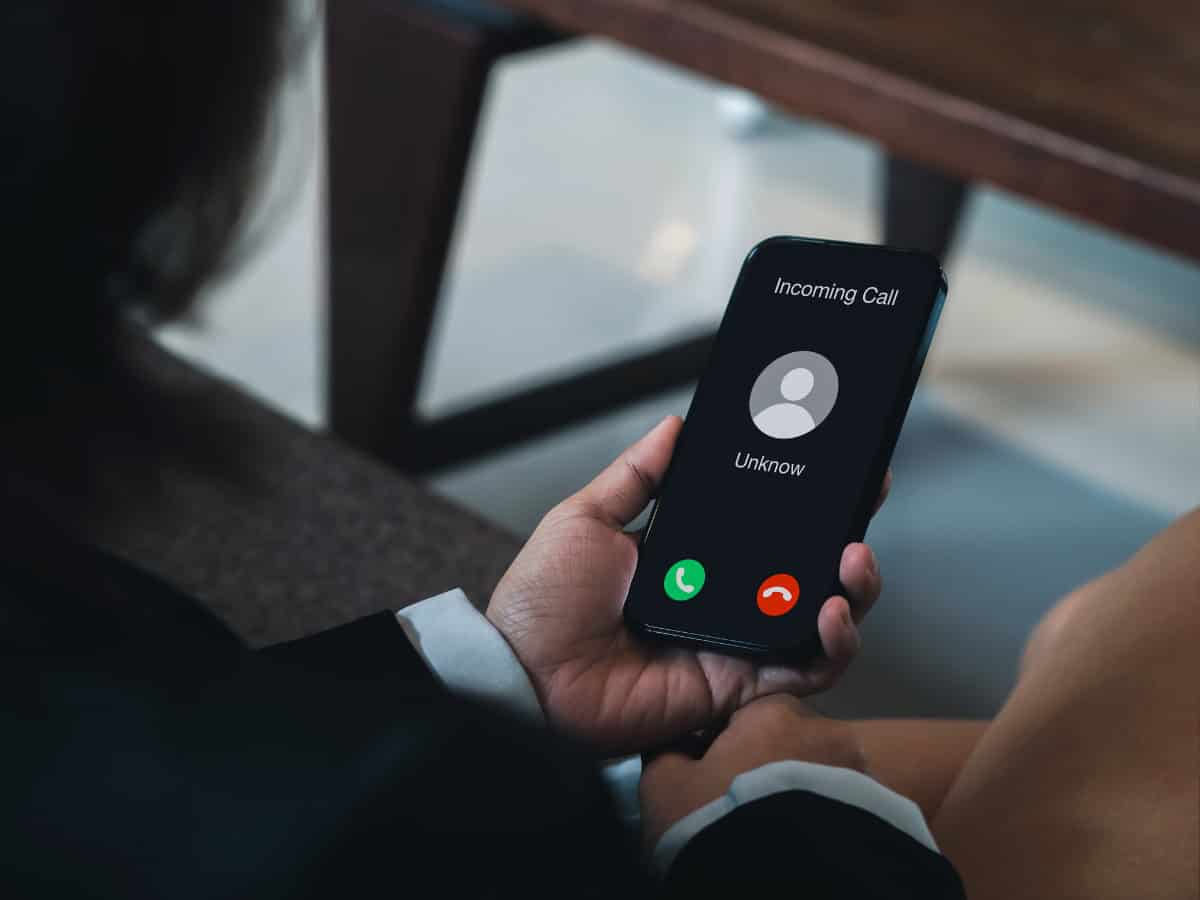
Hyderabad: The Telangana Director General of Police (DGP) Dr Jitender raised caution against fraudsters making fake calls in the name of police personnel in order to siphon money from the general public.
As an example, he shared a video of a fraudster calling a man’s interaction with such a fraudster trying to blackmail him by stating that his son was jailed for raping a woman with his friends.
The DGP asked people to call 1930 to inform of such incidents to the police.
“#CyberFraudAlert #FakePoliceCall Strangers with police DP photos will call and tell you that someone related to you has been caught, or that illegal drug couriers have arrived in their name, and that they have made some other big mistake, putting you in tension and beating you up. Be alert to such phone calls. @Cyberdost#TelanganaPolice#Dial1930,” the DGP said on X.
Online parcel scam
Observing a surge in FedEx and online parcel scams targeting citizens across India, the city police has asked the public to be cautious of scam calls. Perpetrators impersonate officials from the Mumbai Police, and other central government agencies, manipulating victims into believing they are implicated in illegal activities involving suspicious parcels.
Operating through VOIP calls (nine digit number) or direct international calls, the fraudsters inform victims that a parcel shipped from Mumbai to foreign destinations has been seized due to containing illegal substances or sensitive items, said the Hyderabad police in a press release on Thursday.
Subsequently, posing as Mumbai Police personnel on WhatsApp or Skype, the scamsters coerce victims into providing Aadhaar IDs and other personal information under false pretences of verifying statements. Victims often are told that there are shipments in their names sent via FedEx or other couriers.
To supposedly clear their names, victims are instructed to transfer funds for “verification.” In a panic-induced state, victims comply, transferring entire account balances to the fraudsters’ accounts. Once the money is sent, the scamsters then disappear.
The modus operandi includes crafting counterfeit police IDs and official letters, instilling fear in victims and coercing them into compliance, said the Hyderabad police. Disturbingly, educated individuals, particularly software employees, have fallen prey to these schemes, stated the release.
Authorities have issued advisory guidelines so that citizens do not fall prey to online parcel scams.
- Do not engage with unknown VOIP or application calls and abstain from sharing personal information.
- Do not join unknown groups on social media platforms like WhatsApp and Telegram that allow fraudsters to access private information.
- Verify the authenticity of virtual identity cards by contacting local police stations or dialling emergency services.
- Re-check documents, ID cards, websites, and URLs for authenticity before taking any action.



